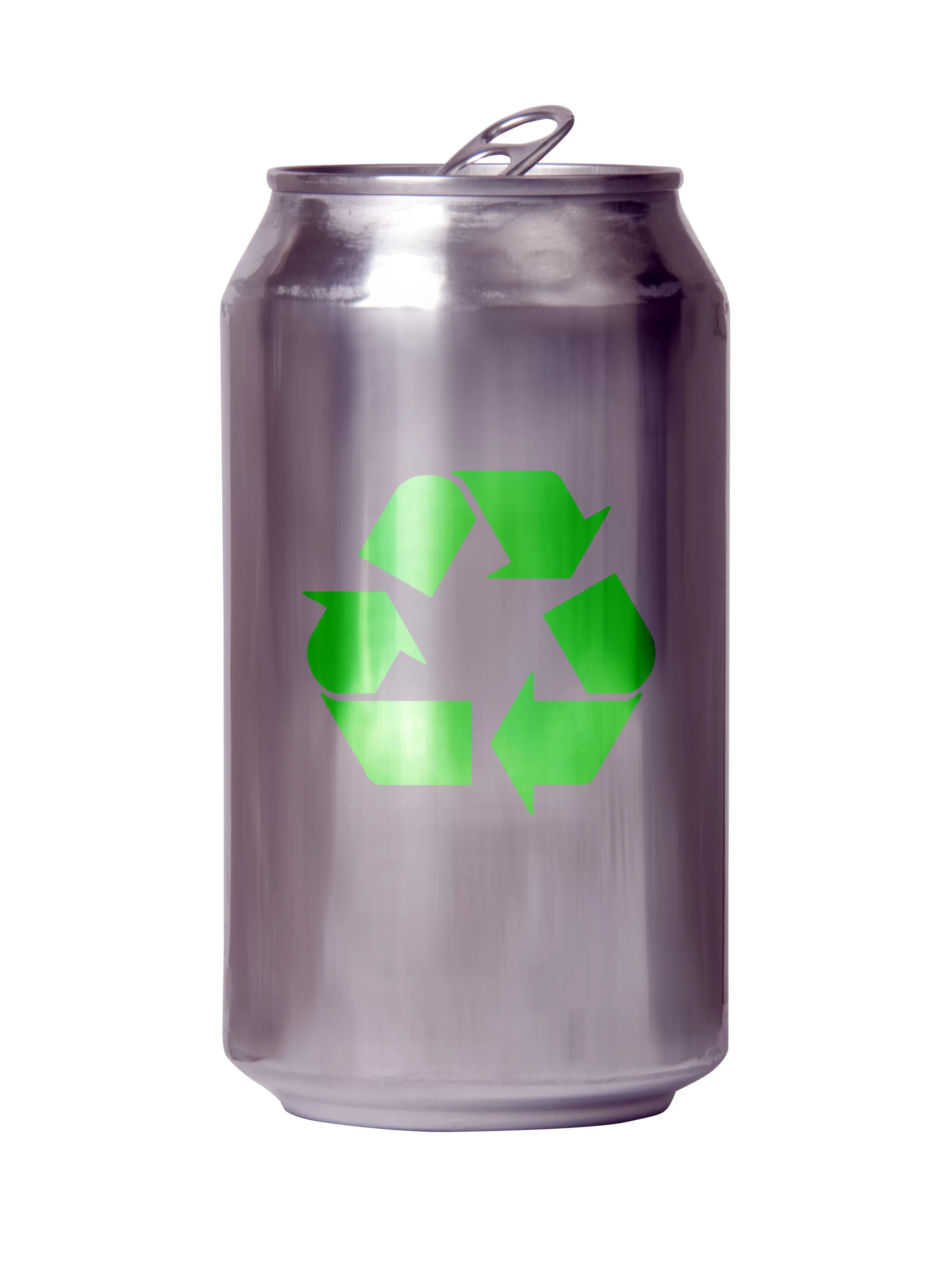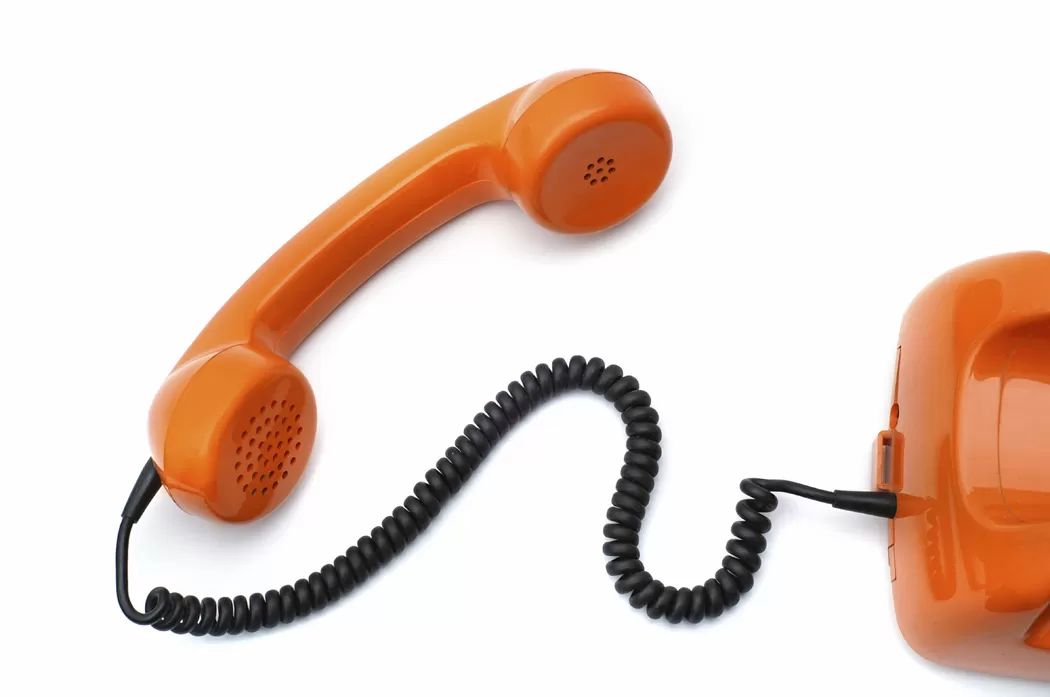If you are thinking about applying for a postdoc, there are a few points to consider before starting your search.
Do you need a postdoc? If you are nearing the completion of a PhD program in science, you may think that your next career move should be a postdoctoral fellowship of some kind. However, your PhD alone qualifies you for a myriad of opportunities. A few potential job titles for science PhDs include: Congressional Fellow, Museum Educator, Medical Illustrator, Regulatory Affairs Specialist, Freelance Science Writer, Investment Manager...and this list goes on. To explore what types of jobs are available for PhD-level scientists, check out the career profiles  on Science Careers
on Science Careers  . If you are undecided about which particular career path is right for you, schedule an appointment with a career counselor at OITE by emailing [email protected]. Of course, some positions do require some postdoctoral training experience. Institutions ranging from community colleges to research intensive universities have come to expect candidates to have training beyond a graduate degree. Likewise, many positions in industry require some time at the bench as a postdoc upon completion of a Ph.D. program. Postdoctoral appointments may also serve as apprenticeships in a variety of science-related occupations beyond bench work. If you are contemplating a move to science policy, take a look at the AAAS fellowships (below). Likewise, if you are thinking about technology transfer but need to gain more experience before moving into a permanent position, consider the NIH Tech Transfer fellowship program (below). Again, it is helpful to know what type of position you would like to hold long-term before you start applying for postdoc positions. If your long-term goals still need defining, visit an OITE career counselor soon. Where to look for postdocs Once you have determined that you do, indeed, need some postdoctoral training for your chosen field, there are several ways of going about your search. 1) You can check the job listings of well-known journals, such as Science
. If you are undecided about which particular career path is right for you, schedule an appointment with a career counselor at OITE by emailing [email protected]. Of course, some positions do require some postdoctoral training experience. Institutions ranging from community colleges to research intensive universities have come to expect candidates to have training beyond a graduate degree. Likewise, many positions in industry require some time at the bench as a postdoc upon completion of a Ph.D. program. Postdoctoral appointments may also serve as apprenticeships in a variety of science-related occupations beyond bench work. If you are contemplating a move to science policy, take a look at the AAAS fellowships (below). Likewise, if you are thinking about technology transfer but need to gain more experience before moving into a permanent position, consider the NIH Tech Transfer fellowship program (below). Again, it is helpful to know what type of position you would like to hold long-term before you start applying for postdoc positions. If your long-term goals still need defining, visit an OITE career counselor soon. Where to look for postdocs Once you have determined that you do, indeed, need some postdoctoral training for your chosen field, there are several ways of going about your search. 1) You can check the job listings of well-known journals, such as Science  or the Chronicle
or the Chronicle  for postdoc listings. 2) You might also check out online journals/sites associated with your discipline or professional society. 3) You can take a look at the current NIH postdocs available. 4) Lastly, you might try the approach most commonly used to find a postdoc--contact a potential PI directly to ask whether you might be able to work with her as a postdoc. Think about work that you have read about recently, breakthroughs in your field, etc. Contact someone whose work really excites you to explore the possibility of training with that person. How to choose among postdocs There are three guiding principles I would suggest as you evaluate different postdoc offers: 1) Know yourself What do you need in order to thrive as a scientist? Do you need to be surrounded by colleagues or working alone? Would you prefer a very casual work environment, or something more formal? Are you interested in building skills in a particular technique? Do you need to have access to particular equipment for the work that you'd like to do? You have to have a clear picture of what YOU want before you try to evaluate what a work environment has to offer. 2) Know the institution Does the institution have an office for postdoctoral services? Do they offer career counseling for their trainees? Is there a postdoctoral association? If not, are there other ways that you will have an opportunity to network with postdocs at the same institution? Are there professional development opportunities available, such as grant writing courses, training on delivering presentations effectively, English as a Second Language courses, and more? Explore what you will have access to before you make your decision. 3) Know your potential advisor Think about what's most important to you in an advisor. Are you looking for a very well-known scientist who carries a great deal of prestige, but may be absent from the day-to-day workings of the lab, or are you looking for someone whose work may not be as well-known, but could be a great mentor to you? That is not to say that these two things are mutually exclusive--there are certainly well-known scientists who are extraordinary mentors--and lesser known scientists who are not great mentors. Still, it is important to have a clear view of what you need in an advisor/boss before stepping into a situation. Also, try to meet your potential PI in advance whenever possible. Whether or not that is possible, be sure to talk with current and former postdocs to get a sense of this person's leadership style, the culture in the lab, etc. Finally, clarify expectations on your part and your potential advisor's part before you begin your training. Be upfront about what type of project you hope to work on, what skills you want to learn, what your PI wants you to accomplish, and any other questions you have regarding the position. If you expect to take a project with you when you depart, you must establish this with your advisor in advance. If you expect to travel to meetings frequently, inquire about the possibility before you begin. Consider special postdocs Be sure to explore special postdocs if there is a particular type of training you need, or if there is a fellowship that would make you more marketable in a chosen field. The list below is far from comprehensive, but hopefully provides a glimpse of the types of fellowships that exist.
for postdoc listings. 2) You might also check out online journals/sites associated with your discipline or professional society. 3) You can take a look at the current NIH postdocs available. 4) Lastly, you might try the approach most commonly used to find a postdoc--contact a potential PI directly to ask whether you might be able to work with her as a postdoc. Think about work that you have read about recently, breakthroughs in your field, etc. Contact someone whose work really excites you to explore the possibility of training with that person. How to choose among postdocs There are three guiding principles I would suggest as you evaluate different postdoc offers: 1) Know yourself What do you need in order to thrive as a scientist? Do you need to be surrounded by colleagues or working alone? Would you prefer a very casual work environment, or something more formal? Are you interested in building skills in a particular technique? Do you need to have access to particular equipment for the work that you'd like to do? You have to have a clear picture of what YOU want before you try to evaluate what a work environment has to offer. 2) Know the institution Does the institution have an office for postdoctoral services? Do they offer career counseling for their trainees? Is there a postdoctoral association? If not, are there other ways that you will have an opportunity to network with postdocs at the same institution? Are there professional development opportunities available, such as grant writing courses, training on delivering presentations effectively, English as a Second Language courses, and more? Explore what you will have access to before you make your decision. 3) Know your potential advisor Think about what's most important to you in an advisor. Are you looking for a very well-known scientist who carries a great deal of prestige, but may be absent from the day-to-day workings of the lab, or are you looking for someone whose work may not be as well-known, but could be a great mentor to you? That is not to say that these two things are mutually exclusive--there are certainly well-known scientists who are extraordinary mentors--and lesser known scientists who are not great mentors. Still, it is important to have a clear view of what you need in an advisor/boss before stepping into a situation. Also, try to meet your potential PI in advance whenever possible. Whether or not that is possible, be sure to talk with current and former postdocs to get a sense of this person's leadership style, the culture in the lab, etc. Finally, clarify expectations on your part and your potential advisor's part before you begin your training. Be upfront about what type of project you hope to work on, what skills you want to learn, what your PI wants you to accomplish, and any other questions you have regarding the position. If you expect to take a project with you when you depart, you must establish this with your advisor in advance. If you expect to travel to meetings frequently, inquire about the possibility before you begin. Consider special postdocs Be sure to explore special postdocs if there is a particular type of training you need, or if there is a fellowship that would make you more marketable in a chosen field. The list below is far from comprehensive, but hopefully provides a glimpse of the types of fellowships that exist.
Happy hunting!





